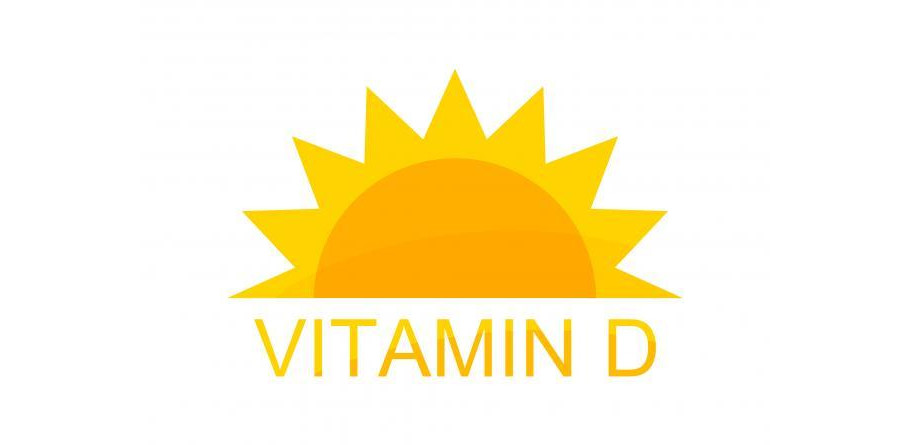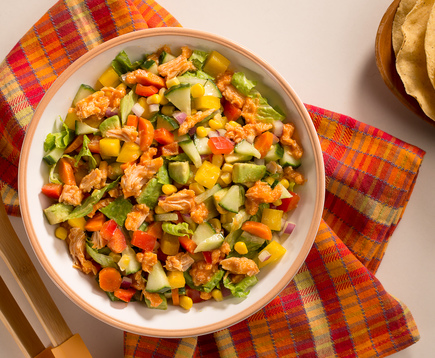
By: Laura Ali, MS, RDN, LDN
You have probably been hearing a lot about Vitamin D. It seems everyone is talking about it over the last year and how we should be eating more foods rich in Vitamin D and taking supplements to help support our immune system.
Why the focus on Vitamin D all of a sudden? We’ve known for many years that Vitamin D helps with calcium absorption and supports our bones and teeth, but we have been learning more and more about the role that Vitamin D plays in supporting our immune system and helping with inflammation. We also know that up to 40% of all Americans are deficient in Vitamin D and most struggle to get enough in.
Why is it so difficult to get enough Vitamin D?
Vitamin D is called the sunshine vitamin because we get the majority of it from our exposure to sunlight. There are only a few food sources of Vitamin D, including fatty seafood, eggs, some mushrooms, fortified dairy products, cereals, and orange juice.
Why is Vitamin D deficiency an issue?
Vitamin D is a hormone that appears to have a protective effect against viruses and bacteria. Supplementing people who are very deficient in Vitamin D has shown some benefit and protection against acute respiratory infections. Recent research has shown that the risk for cold and flu has been shown to be higher in people who aren’t getting enough Vitamin D from the sun or their diet. So, arming yourself ahead of time and making sure you are getting enough Vitamin D is important for your overall health.
Are other nutrients important?
As a matter of fact, along with Vitamin D, many of the nutrients found in tuna and salmon are also important for supporting our immune system.
- Protein is necessary for building our cells, including the cells that help keep our muscles strong. This includes the muscles around our heart, lungs, and gastrointestinal (GI) tract.
- Omega 3 fatty acids, specifically the type found in seafood are important for regulating inflammation and our immune system. Fats also help keep us full, have a role in our brain health and mood.
- Selenium is a powerful antioxidant that also helps with regulating the immune system, protects us from damage caused by free radicals, inflammation and has a role in heart and thyroid health. Research has shown that people who are deficient are at a higher risk for inflammatory and immune-based health issues.
What can you do?
Seafood, like tuna and salmon, are some of the few natural sources of Vitamin D and one 3 oz. serving has between 4 – 50% of the recommended daily amount for most Americans. Combining seafood with other Vitamin D-rich foods including UV-grown mushrooms and some dairy products is a great way to boost your food intake of Vitamin D. Aim for two servings or 8 – 12 oz. of seafood a week as recommended by the Dietary Guidelines for Americans. Our Salmon and Mushroom Pasta is a quick and easy meal or if you just want a quick lunch, our Portabella Mushroom Melts are a spicy option!






